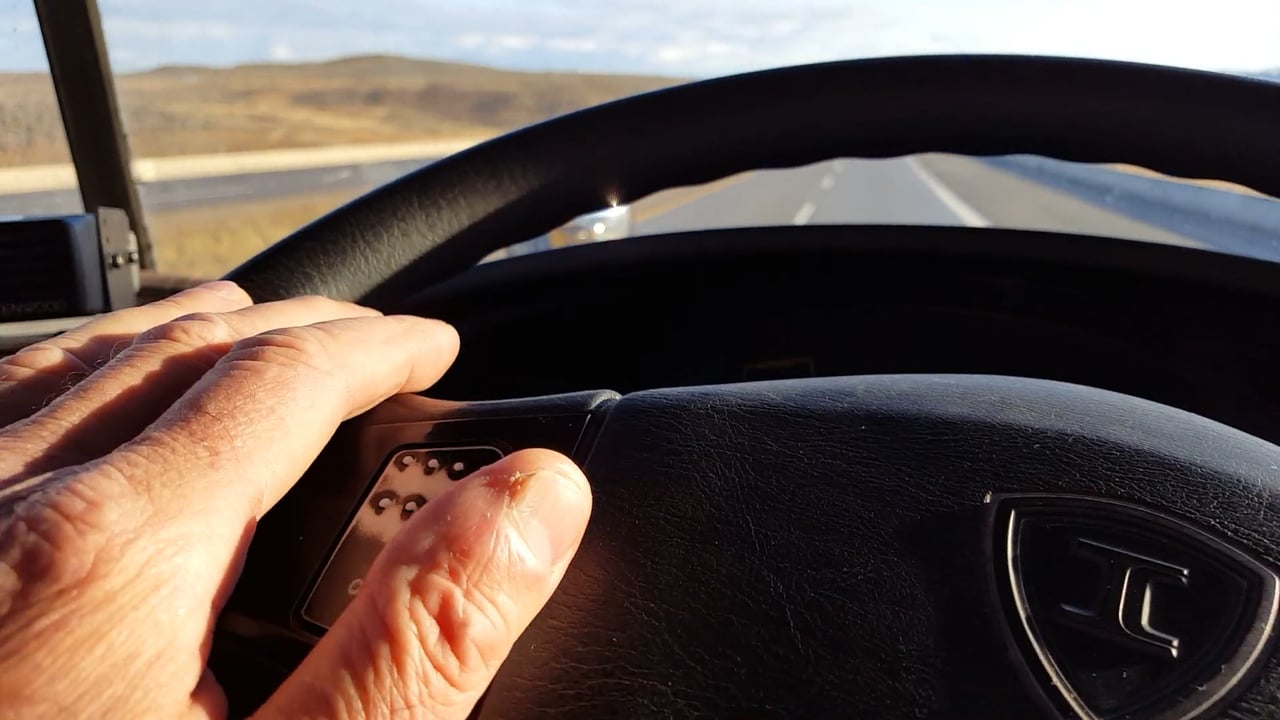The road test is one of the most important steps to take when troubleshooting a mechanical problem on any vehicle. Thousands of mechanics will agree with this statement. When you listen to a complaint from the driver of the vehicle in question you may not get the whole story. I like to find out as many details as possible before going out on the road.
In the video I’m going the exact speed the driver stated when the vibration occurred. He actually said it felt like it was coming from the rear of the bus. After driving the bus myself it was obvious the front end was at fault. Going out for a hands on road test helps me get a feel for what exactly is going on. So when I give one my mechanics the job I can share what I experienced on the road.
There’s many questions to ask before the road test like road speed, engine temperature, uphill or downhill, loaded or empty? …and so on. It could be an exercise in futility if you’re steered in the wrong direction. I’ve been on service calls that was based on the operators report summed up in one sentence like “there’s no power”. We took that as no engine power.
When I got up there after a one hour drive with charge air cooler hoses, clamps and fuel filters to my surprise the problem was electrical. No power meaning no voltage to the cab. So here I was with no tools for electrical troubleshooting but luckily a battery draining module just needed to be unplugged. That was an experience that taught me a lot. After you get bitten like that the incident gets permanently embedded in your brain.
Now before trekking out of town on a service call we get the driver to check gauge readings, check fluid levels, visually check the engine and chassis for abnormalities and suspicious noises. This is information we can use to get a very good indication what the problem is. Another tool I use from my desktop is the GPS that I can log in to for any unit number in our fleet.
Not only can I see where the bus is but also read any fault codes through the telematics program that shoots me a satellite message from the J1939 diagnostics link. This is valuable information knowing if the bus in question has an engine code that is effecting its drive-ability. From the road test to the service call common sense will get you out of trouble every time. Information from repair history to GPS to regular conversation will make the issue much easier to tackle.







